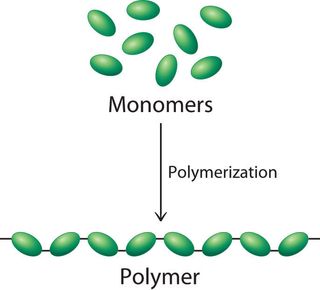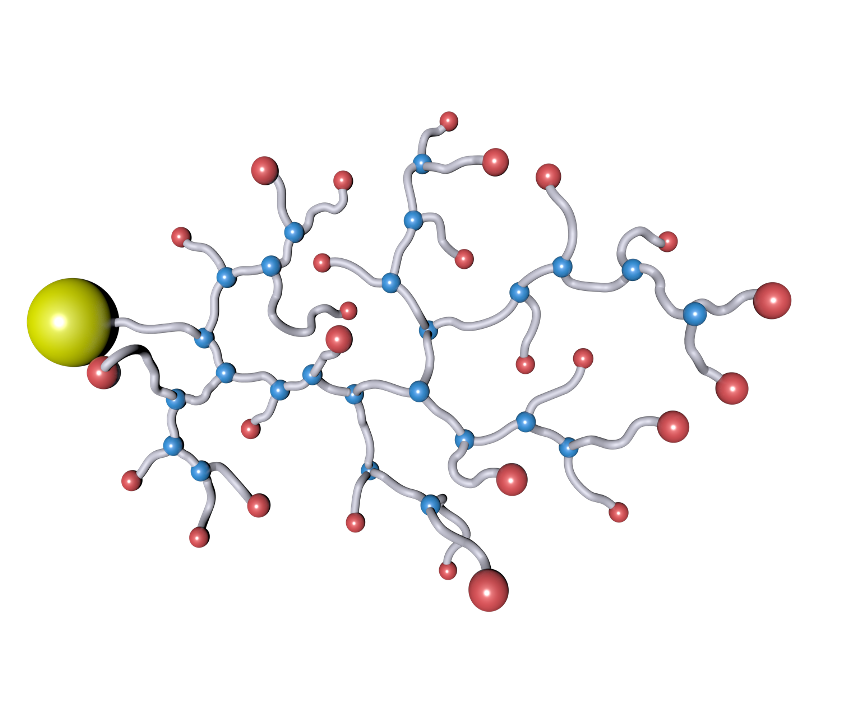Comprehending Polymers: The Scientific Research Behind Versatile Materials
Comprehending Polymers: The Scientific Research Behind Versatile Materials
Blog Article
Checking Out the Varied Applications and Benefits of Polymers in Different Industries
Polymers, with their varied variety of buildings and capabilities, have ended up being essential in numerous sectors, each enjoying one-of-a-kind benefits from their application. From improving security and performance in the vehicle industry to revolutionizing clinical devices in the health care industry, polymers play an essential role.
Automotive Field Applications
Polymers play a critical role in boosting the performance and resilience of different components within the automotive market. One popular usage of polymers in the automobile sector is in the manufacturing of lightweight parts.

Healthcare Market Advantages
In different health care applications, the benefits of making use of polymers are widely recognized for their diverse variety of helpful residential or commercial properties. Polymers play a crucial role in the healthcare market as a result of their convenience, biocompatibility, and cost-effectiveness. One of the main benefits of polymers in medical care is their ability to be tailored to particular demands, such as adaptability, resilience, and biodegradability, making them suitable for a variety of medical applications.
Polymer-based products are extensively used in clinical gadgets, such as catheters, implants, prosthetics, and drug delivery systems, due to their biocompatibility and ability to mimic all-natural cells. These products can minimize the danger of allergies or rejections, improving client safety and end results. Furthermore, polymers are lightweight, making them suitable for wearable clinical gadgets and guaranteeing patient convenience.
Furthermore, polymers make it possible for the advancement of innovative therapy techniques, such as hydrogels for tissue design and nanocomposites for targeted medicine distribution. Their simplicity of processing and sterilization makes them crucial for keeping high requirements of hygiene in medical care setups. In general, the diverse advantages of polymers add substantially to improvements in medical modern technology and patient treatment.
Ecological Benefits of Polymers

In addition, polymers can add to power cost savings because of their lightweight nature. In industries such as transportation, lightweight polymer products can aid reduce fuel consumption and greenhouse gas emissions. Additionally, polymers can allow the advancement of energy-efficient items such as insulation products that boost power conservation in buildings.
Additionally, polymers play an essential function in reducing water contamination. For example, the use helpful hints of polymer-based filtration systems can efficiently get rid of contaminants and pollutants from wastewater, guarding water resources and ecosystems. Overall, the ecological advantages of polymers make them beneficial properties in advertising sustainability and eco-friendly techniques throughout numerous industries.
Polymers in Electronics and Innovation
Thinking about the increasing demand for innovative and sustainable services in contemporary markets, the integration of advanced polymer technologies in the realm of electronics and modern technology has actually you could try this out become a critical strategy for driving efficiency and performance. Polymers have actually changed the electronic devices sector by making it possible for the manufacturing of lighter, extra flexible, and sturdy electronic gadgets. From smartphones to clinical gadgets, polymers play a crucial duty in enhancing item design and capability.
One significant benefit of polymers in electronics is their shielding properties, which assist protect delicate digital elements from ecological aspects and electrical disturbance. Additionally, polymers are crucial in the development of versatile display screens, wearable innovation, and published electronics, using countless possibilities for producing clever and interconnected devices.
Moreover, making use of polymers in electronic product packaging has actually brought about advancements in miniaturization and thermal administration, improving the overall efficiency and dependability of electronic systems. As modern technology remains to develop, the adaptability and versatility of polymers will unquestionably drive further advancement in the electronic devices market, forming the future of modern technology.
Function of Polymers in Building and Framework
Polymers supply countless benefits in the building and construction market due to their flexibility, toughness, and cost-effectiveness. One crucial function of polymers in building is their use in coverings and sealers, supplying security against environmental elements such as moisture, UV radiation, and rust.
Additionally, polymers play a critical duty in sustainable building and construction methods by enabling the advancement of energy-efficient structures. Shielding materials made from polymers aid control interior temperatures, lowering the requirement for heating and cooling down systems and ultimately lowering power intake. The use of polymer-based compounds in infrastructure jobs such as bridges and roads improves their long life and lowers upkeep prices. Generally, the unification of polymers in building and framework showcases their considerable impact on contemporary design best site practices.
Conclusion
In conclusion, polymers play a vital duty in numerous sectors such as automotive, healthcare, ecological, electronics, and construction. From enhancing fuel efficiency in vehicles to boosting medical devices, polymers supply many advantages.
Report this page